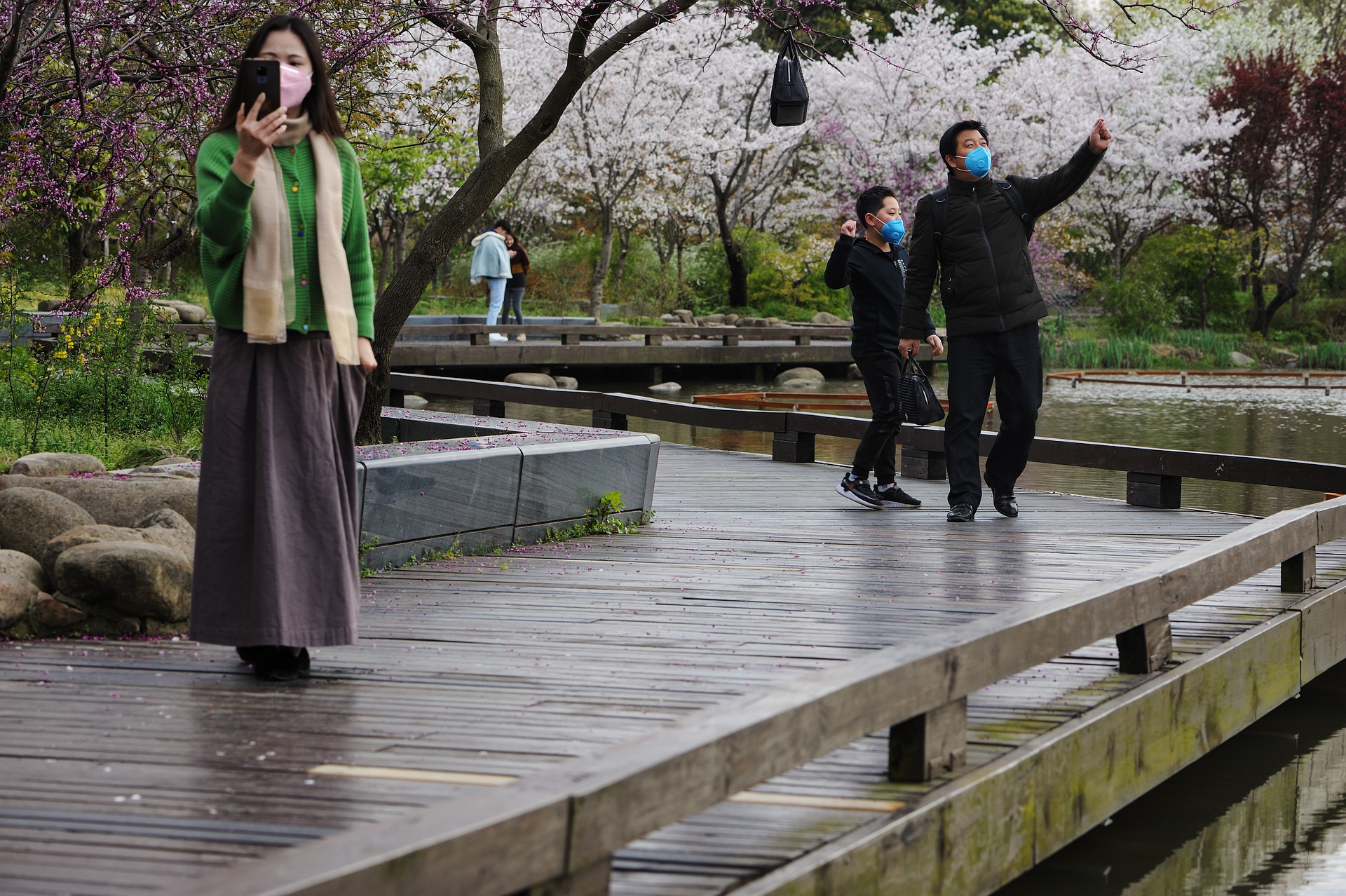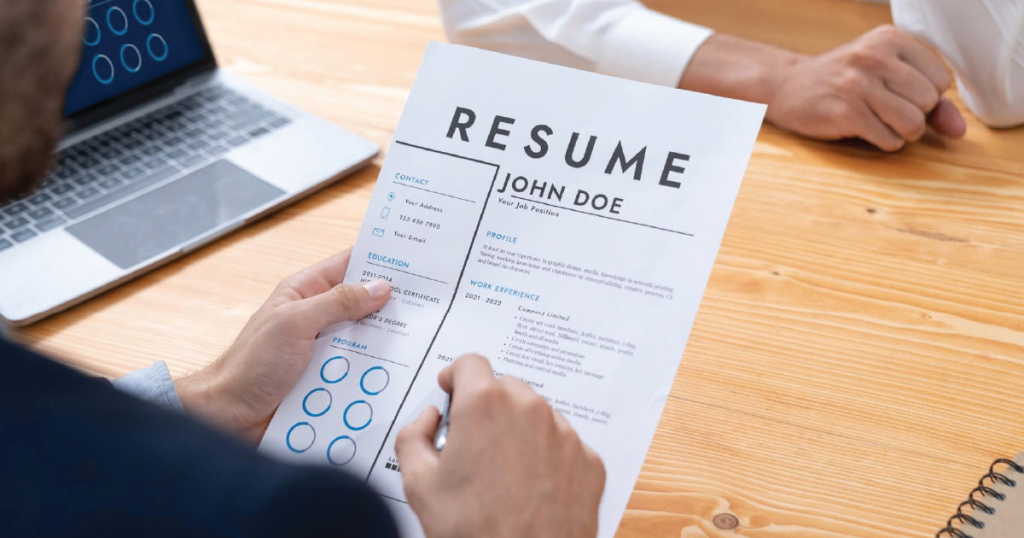
As the effects of the government measures emerge, our data points to the following conclusions at this moment of the Pandemic:
-
Five countries have been able to most effectively address the impact of the crisis:
- South Korea, Sweden and Germany are top scorers on economic indicators, with a relatively low stimulus over time, pointing to a smart combination of effectively applied funds and other measures.
- Australia and Japan have also been able to mitigate the economic impact of the pandemic rather well, but have needed larger stimuli to reach that goal.
- As one of the correlations identified, countries with higher numbers of cases and mortality rates also face a higher drop in GDP. As much as no country in our analysis appears to be able to avoid economic decline, we do see a trend that a protection of the population and the public health system resulting in lower deaths per capita cushions economic decline as well.
o Contrary to that trend, particularly Sweden, the US and Brazil deliver better economic results than the state of the pandemic would suggest.
- The number of cases in a country is not the only determinant of economic impact however. Countries with similar numbers of Covid-19 infections, like Sweden and the UK, or Mexico and Italy, face vastly different economic impacts. In other words: an effective policy response matters.
- Some governments, like the US, have invested mainly in measures that support businesses, resulting in good stock market performance and high business confidence. Other countries such as Italy went the other way and invested in measures to support individual workers, resulting in lower unemployment growth and higher consumer confidence. Both recipes can yield results, at least until now.
Recommendations:
6 months after the first analysis, our reading of the effects of the government response to COVID-19 confirms our recommendations, with a set of added dimensions.
- Keep up economic activity: while workers’ health and safety is the absolute baseline and the unique specificity to this crisis, it is becoming apparent that every week without economic activity exponentially increases the negative economic impact of the crisis, and the potential for economic recovery.
- Social peace: more than any crisis before, this pandemic demands the cooperation of all country decision makers. The rankings confirm that those countries with a model of social dialogue based on negotiation and not confrontation are faring best, importantly also with regards to trust in the political process and consumer confidence, needed to accelerate the pace towards economic growth.
- Support employment: Short-time working schemes and other measures to support continuing work are effective. For example, since May, Japan has introduced its Employment Adjustment Subsidy, reducing the cost of labour. Subsequently, unemployment rose 37,5%, which was a step up from initial estimates of an 80% rise. Practice shows that the implementation of those schemes varies from country to country in terms of inclusiveness, volume and duration. Those countries who in addition already had adequate social protection systems in place, to create security and predictability, are faring best under this indicator.
- Trigger Active Labour Market Policies: as further interventions may be necessary and when prolonging existing support measures, countries should start to link instruments for skills development as conditions for continued access to wage subsidy schemes. Supporting skills development and other elements of active labour market policies such as supported recruitment in essential sectors and employability-oriented services to maintain labour market attachment allow for quicker redeployment of workers whose jobs are on the verge of disappearing, or lost already. Countries should maintain or increase funding for ALMPs providers as lockdowns are eased and recovery begins, to support effective transitions in the labour market.
Download the Comparing the outcome of Governments’ response to Covid-19 full report below.










